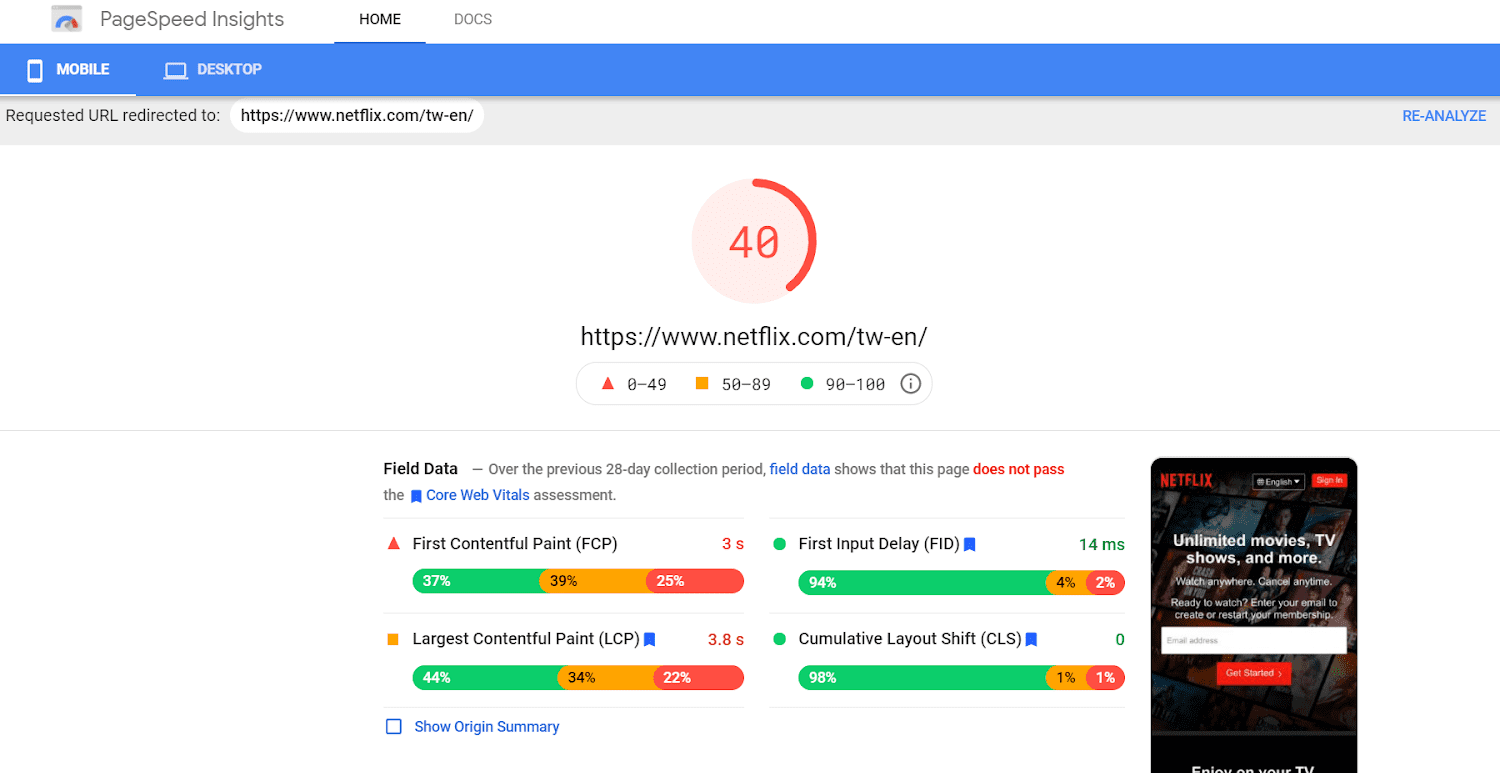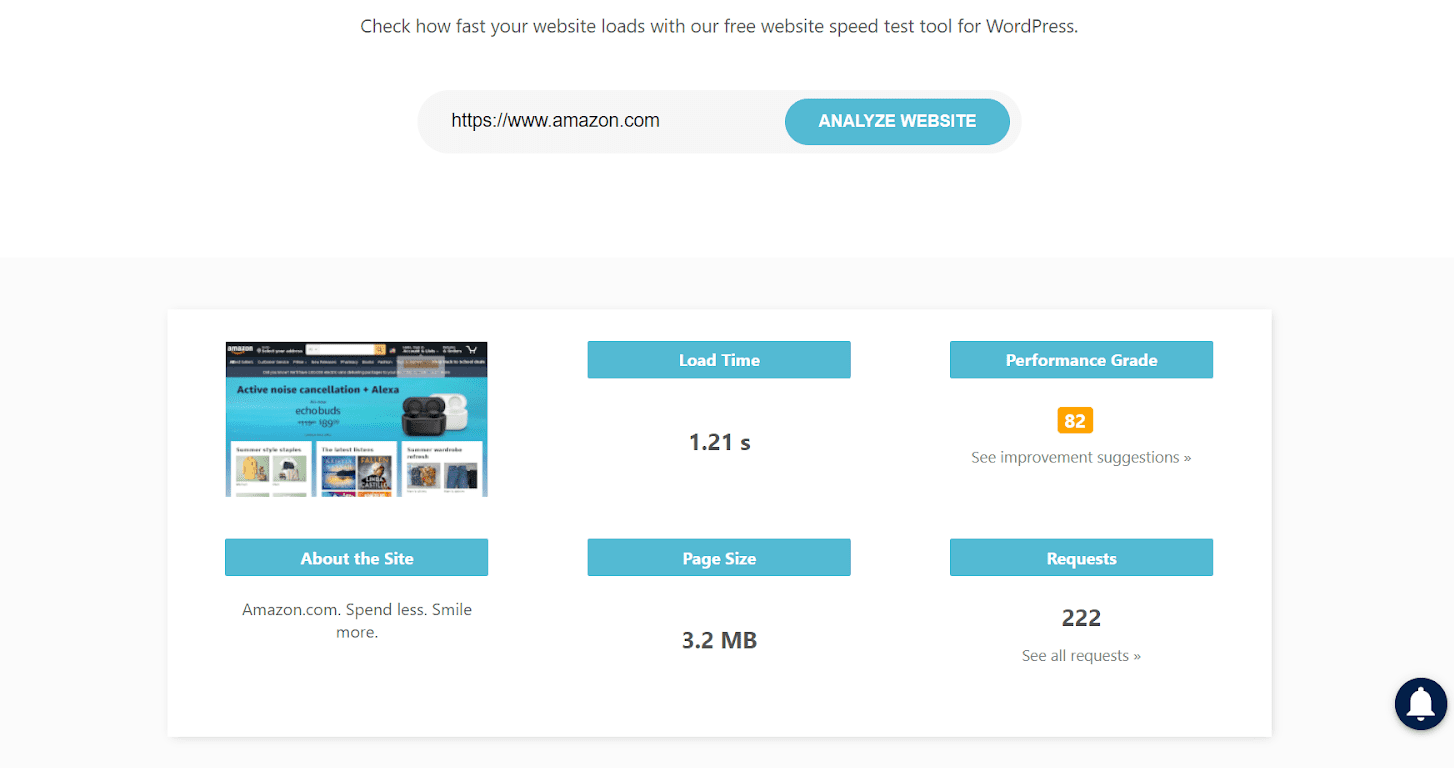Why is speed important?
One of the factors impacting user experience is website loading speed. Fast loading websites perform better – be it user experience, engagement, conversion or generating revenue. As per studies,- 47% of consumers expect a web page to load in 2 seconds or less – Neil Patel
- 53% of people are likely to abandon a mobile website if it takes more than 3 seconds to load – Google Global Data
How to monitor site performance
If you’ve built your website, then testing it for speed on your system might not give accurate results. Simply put, when you build your website, and visit it on a web browser from time to time, the browser stores data in its cache, and thus, your website loads in no time. A simple way to test your website in real-time is to run it on different browsers and devices, and benchmarking the results. Although this method gives you accurate results based on current speed, it might also be time-consuming. One of the simplest ways to monitor your website’s performance and page-load speed is to run a speed test. There are several tools available online that run your website on different browsers, and provide a detailed report viz. time taken to load, what works well, what needs to improve, and so on. Some of the recommended free tools are PageSpeed Insights by Google and IsItWP’s website speed test tool especially for WordPress websites
and IsItWP’s website speed test tool especially for WordPress websites

Tips to optimize your WordPress website
- Opt for a reliable web host
- Up to date software versions
- Delete unnecessary plugins
- Compress image size
- Optimize your website pages
- Using excerpts instead of a long copy
- Clear view of CTAs and buttons
- Remove unnecessary pop-ups
- Add social share buttons at the right places
- Limit the number of images of the page
- Reduce external linking to other pages
- Install a caching plugin



Write A Comment